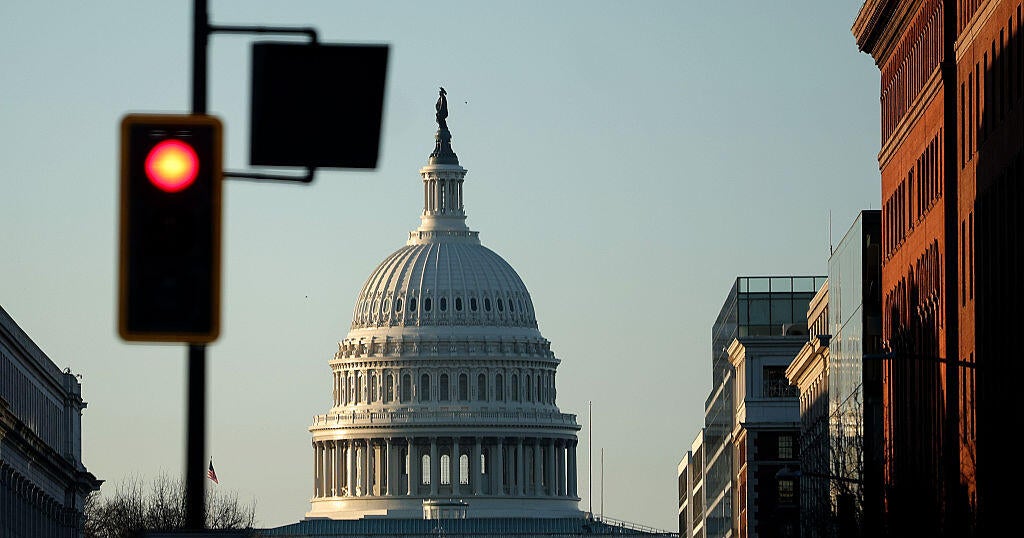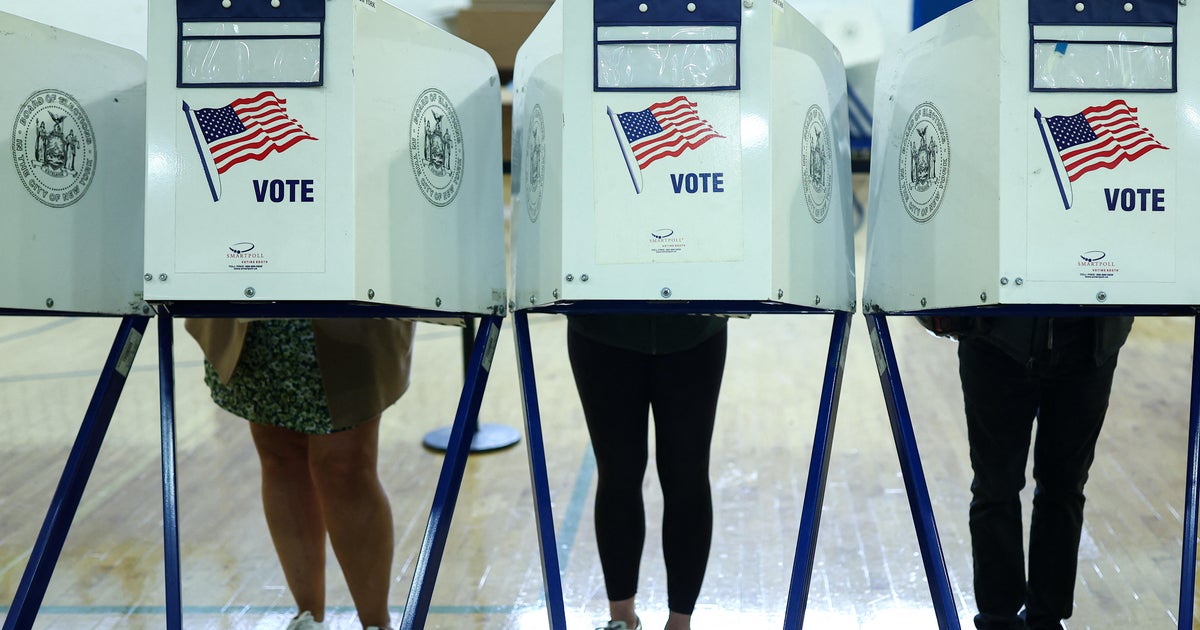Congress grapples with daunting agenda ahead of August recess
Congress faces a daunting legislative agenda for the rest of July that involves rescuing an unpopular health care bill in the Senate and an effort to try to pass a budget resolution in the House.
But lawmakers, who are behind on their agenda, are now in a time crunch as they return to Washington this week from the July 4 recess -- both chambers only have about three weeks left until their next break, which spans the entire month of August.
More than seven months into the new session, the GOP has not found consensus on a plan to repeal and replace Obamacare as President Trump had promised his supporters on the campaign trail. They've missed deadlines to pass a bicameral budget resolution and they're now rushing to pump out all 12 spending bills that would fund the government in 2018.
A group of senators have called for the cancellation of August recess, as has the conservative Freedom Caucus in the House. It wouldn't be unprecedented to see Congress at least shorten its break. Bill Hoagland, senior vice president at the Bipartisan Policy Center, recalls the Senate's legislative session being extended one week into August recess during the Clinton health care debate in 1994.
"It's somewhat ironic," he observed. "It's almost the same situation here. I think it's possible that things could get backed up into that last week [of July] and maybe slop over."
Senate health care bill
Senate Majority Leader Mitch McConnell, R-Kentucky, had no choice last month but to postpone a vote on a Republican plan to repeal and replace Obamacare because he lacked the votes to pass it. He's now aiming to strike an agreement before the August recess, but it's not clear at this point what that will look like.
During a Rotary Club lunch in Glasgow, Kentucky on Thursday, McConnell seemed to admit Republicans might be unable to overcome his party's divisions, hinting that a bipartisan compromise may be inevitable.
"If my side is unable to agree on an adequate replacement, then some kind of action with regard to the private health insurance market must occur," McConnell said, according to the Associated Press, after he was asked if he envisioned needing bipartisan cooperation to replace the Affordable Care Act (ACA). "No action is not an alternative," McConnell added. "We've got the insurance markets imploding all over the country, including in this state."
Before the recess, Sen. Lindsey Graham, R-South Carolina, a proponent of a bipartisan negotiation, warned that the break from Capitol Hill could further divide his conference.
"I just think the further you get away from this place, the more pushback you'll get," he said.
Back in their states last week, some Senate Republicans faced constituents who are unhappy with GOP plan, while others kept a lower profile during the break. Only a handful held town halls, and some attended July 4 parades.
Budget resolution and tax reform
In order for Republicans to pass a tax reform package with a simple majority, they'd need to rely on the obscure budget reconciliation procedure, which they've been trying to use for health care. But, tax reform through that route can only happen if the House and Senate pass a bicameral budget resolution with reconciliation instructions.
While the House and Senate Budget Committees have not formally announced their plans, Hoagland expects a markup of a 2018 budget resolution to occur as early as this week. He said that while there appears to be some agreement among Republicans over discretionary spending levels for the military and non-defense domestic programs, there is "wide division," over reductions in entitlement programs. Even if the GOP proposal were to pass out of committee, its fate is murky.
"At this point, I think it's very questionable whether or not the House can pass a budget resolution, particularly where it gets to balance [over the next 10 years]."
But if Republicans fail to pass a budget blueprint, tax reform may not necessarily be dead. They could still pursue a bipartisan deal through regular order, which would require 60 votes in the Senate to advance.
FBI director nominee confirmation
It's been two months since President Trump fired James Comey as FBI director and the Senate Judiciary Committee is only now considering the nominee To replace him, Christopher Wray. The panel will hold a confirmation hearing Wednesday, which Chairman Chuck Grassley, R-Iowa, said is likely to focus on the FBI's investigation into Russia's meddling in the 2016 election and Wray's ability to stay independent from Mr. Trump.
Defense policy bill
The House may soon vote on its version of the National Defense Authorization Act (NDAA), an annual measure that sets funding levels for the military and outlines spending priorities in defense programs.
Separately, lawmakers unexpectedly wrapped a proposal from Rep. Barbara Lee, D-California to end the 2001 Authorization for Use of Military Force (AUMF), into the 2018 defense appropriations bill. Her bill would require that Congress pass a new AUMF to provide the authority for the U.S. to fight against the Islamic State in Iraq and Syria (ISIS). President Trump has been relying on the 2001 AUMF for this purpose, as did his predecessor, former President Obama.
Speaker Paul Ryan, R-Wisconsin, however, told Real Clear Politics that the attachment of the amendment was a mistake.
"There's a right way to deal with this, and an appropriations bill I don't think is the right way to deal with this," Ryan said. "What matters to me is that we don't undercut the military, and whatever we do, we don't put ourselves, meaning the military, in a disadvantageous position."
Sanctions on Russia and Iran
A bill pending in Congress that would expand U.S. sanctions against Russia and require congressional approval for any lifting, suspension or termination of current sanctions by the Trump administration is being held up in the House.
House Republicans say House Democrats won't agree to send it back to the Senate, although Democrats are not admitting this is the case.
At issue are "expedited provisions" that were unanimously agreed upon in the Senate last week. Those provisions, some House Democrats believe, would prevent them as the minority in Congress from forcing a vote that reverses possible changes the Trump administration could make to sanctions against Russia.
The bill can't advance until Republicans and Democrats in the House agree on how to move forward.



